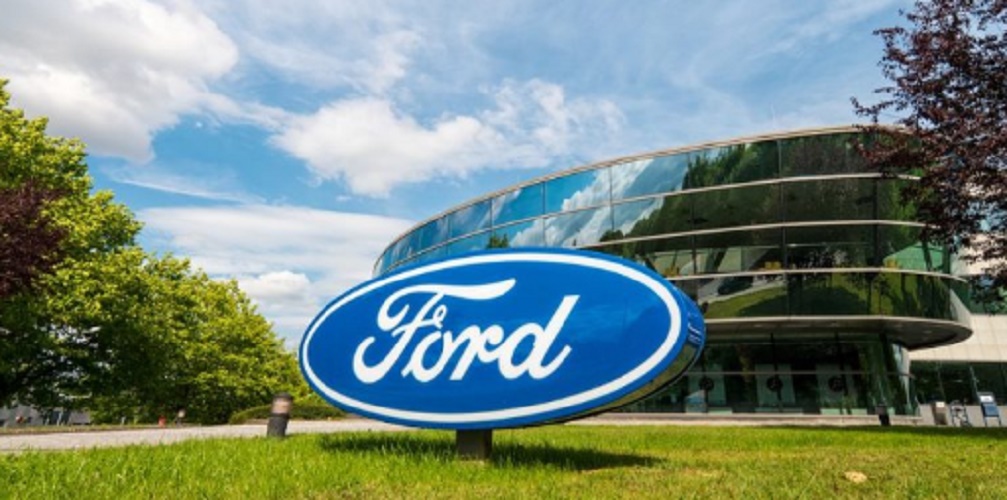What is a family business?
We explain what a family business is, its characteristics and the advantages it has. In addition, its possible disadvantages and examples.
-
What is a family business?
A family business is a commercial or corporate organization whose decisions are controlled or influenced by a family group , whose successive generations are usually dedicated to the company . Thus, among the expectations and strategic vision of this type of organizations is that the successors take the reins, giving continuity to the organization.
This term does not apply to those companies that have a sole owner and administrator. In fact, family businesses are the oldest type of economic organization , and many of the large companies listed on the respective stock exchanges in the countries are of a family nature.
This is undoubtedly due to the fact that in the old ages the trades were transmitted from parents to children and the workshops were usually housed in the house. The kings and the aristocracy, similarly, inherited their possessions and their privileged position within the feudal order to their descendants, thus forming socio-economic castes.
Subsequently, the great bourgeois families of the Renaissance , whose economic power also gave them political influences, relied only on their family lineage as a method of maintaining business always in the interests of particular interests . That is precisely the criteria adopted by the Italian mafias of the “nostra thing”, behind which there was always a family fief.
-
Characteristics of a family business

For a company to be considered family, the family or one of its members must have at least 20% voting rights and a higher percentage of shares than the rest of the investors. Thus, family decisions would have the greatest possible weight in the company, and the general tendency would be to incorporate family members into key positions of control and decision.
On the other hand, a family business bequeathed to the descendants the leadership of the company, through a succession mechanism that usually occurred in patriarchal terms, that is, from parents to sons. That pattern has been changing, fortunately, and more and more women are taking over family businesses.
-
Advantages of a family business
The advantages of any family business point to the control you have over the company and the continuity that is given to it over the generations . A family business will rarely cease to be, except in cases of economic crisis that forces sales or bankruptcy or similar situations.
Another virtue lies in the generational accumulation of goods , throughout history, which allows subsequent generations to train more and better with respect to the trade and have a niche in which to apply their expertise.
-
Disadvantages of a family business
The most common disadvantages of a family business have to do with conflicts of interest within the family in question. Given the emotional bond that necessarily exists between family members, it is common that there are quarrels, family myths or additional pressures (that relate business success to the emotional place within the family) whose impact on business performance can be considerable .
Similarly, business and private circuits often overlap in these types of companies, which point to the merger between family, business and property . It should be considered that while the family’s business actions will be in charge of one or more of its members, there will be many other family members who will never have anything to do with the company and will have different agendas and interests.
-
Examples of a family business

Here are some examples of successful family businesses:
- Walmart . This colossal American chain of discount stores was founded in the 60s by Sam Walton, and to this day the Walton family controls about 48% of the company’s shares .
- Ford . The legendary automotive company of Henry Ford, the creative genius of the mass production model, is still managed by his descendants, who manage 40% of the company’s total shares.
- Comcast . This company that provides cable television services is among the largest in the world. It was founded in 1963, by Ralph J. Roberts, and his son, Brian Roberts, is currently the leader of it.
- BMW . While this German car company was not founded by the family that runs it today, it is true that after World War II Gunther Quandt bought a strong stake in it and bequeathed it, since then, to his descendants, who they still own 48% of their shares.
- Toyota . This Japanese automotive company belongs to the Toyoda family, and for decades she occupied all of her actions. Since 1993 it is not like that, but its current president and CEO is Akio Toyoda, a descendant of the founder.





